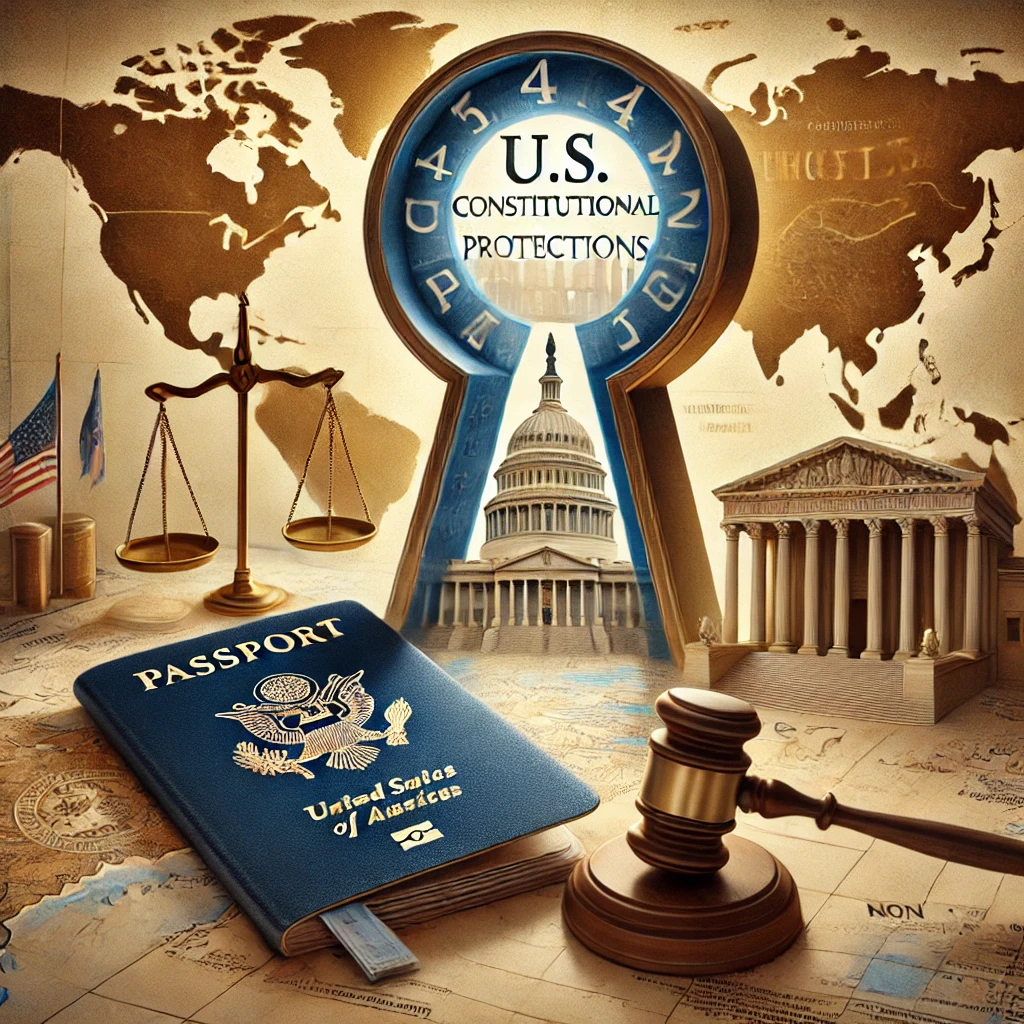
The Fourth Amendment’s Reach: Protections for Nonresident Aliens and Extraterritorial Searches
Case: United States v. Verdugo-Urquidez, 494 U.S. 259 (1990)
Background and Facts
This case deals with whether the Fourth Amendment, which protects against unreasonable searches and seizures, applies to searches conducted by U.S. officials on the property of a nonresident alien in a foreign country.
The U.S. Drug Enforcement Administration (DEA) arrested René Verdugo-Urquidez, a Mexican citizen suspected of leading a drug trafficking operation. After his arrest, DEA agents—working with Mexican officials—searched his homes in Mexico without a warrant and seized documents. Verdugo-Urquidez moved to suppress this evidence, claiming the searches violated his Fourth Amendment rights.
Key Question
Does the Fourth Amendment’s protection against unreasonable searches and seizures extend to a nonresident alien whose property is located outside the United States?
Court’s Analysis
- Text of the Fourth Amendment:
The Fourth Amendment guarantees the rights of “the people” against unreasonable searches. The Court interpreted “the people” as those who are part of the U.S. national community or have sufficient connections to the country. Verdugo-Urquidez, a nonresident alien with no voluntary ties to the U.S., fell outside this category.
- Purpose and History:
The Fourth Amendment was designed to protect U.S. citizens and residents from arbitrary government action. The Framers did not intend it to regulate U.S. actions against foreigners outside U.S. borders.
- Practical Implications:
Applying the Fourth Amendment to foreign searches could hamper U.S. law enforcement and military operations abroad, as U.S. agents would need to navigate foreign legal systems or obtain meaningless U.S. warrants.
Outcome
The Supreme Court ruled that the Fourth Amendment does not apply to searches and seizures conducted by U.S. agents on foreign soil against nonresident aliens. Thus, the evidence from the Mexican searches could be used in Verdugo-Urquidez’s trial.
Key Takeaways for Everyday Readers
- The Fourth Amendment protects people in the U.S. (citizens or those with substantial ties) from unreasonable government searches but does not extend to foreign nationals with no ties to the U.S., even if their property is searched by U.S. agents abroad.
- This decision underscores the limits of U.S. constitutional protections when dealing with noncitizens and foreign territories.
Let’s Get Started
Your legal challenges deserve personalized attention and innovative solutions. Contact Oware Justice Advocates PC today for a consultation and take the first step toward resolution and peace of mind.
355 South Teller Street, Suite 204,
Lakewood, CO 80226
(Visits to the office are strictly by appointment only)
303-514-6589

